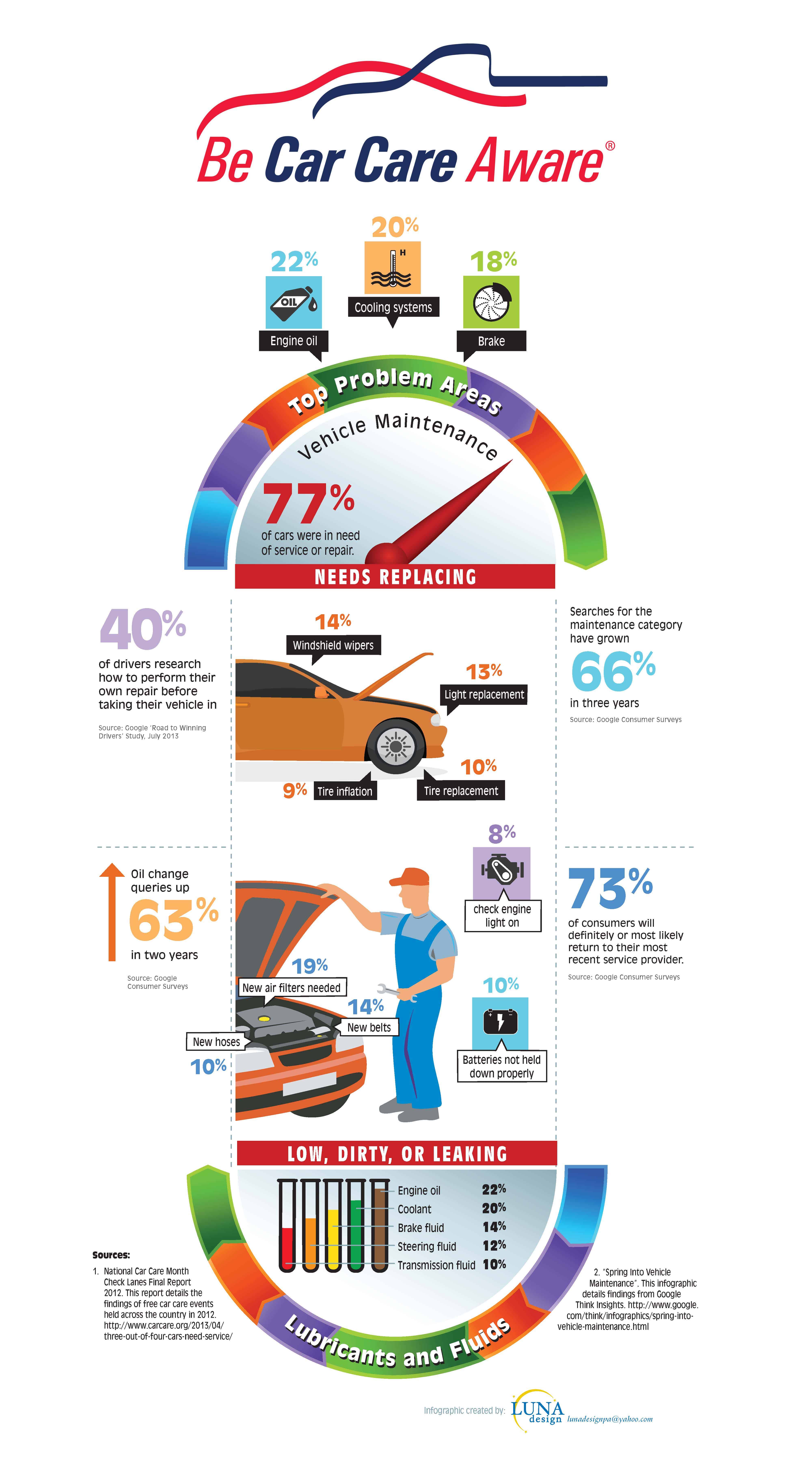The Influence Of Climate On Heatpump Effectiveness And Approaches For Enhancement
The Influence Of Climate On Heatpump Effectiveness And Approaches For Enhancement
Blog Article
Uploaded By-Pacheco Termansen
When it concerns your heat pump, climate plays a critical function in its efficiency. From freezing temperatures to sweltering heat, each component can impact how successfully your system runs. However what can you do to deal with these weather-related challenges and ensure your heat pump is operating at its best? Remain tuned to discover functional ideas and strategies to optimize your heatpump's performance, regardless of the weather conditions it encounters.
Climate Aspects Influencing Heatpump Performance
Climate variables have a significant impact on the effectiveness of heat pumps. One essential factor is temperature level. Heatpump work by transferring warmth from outside to inside during winter months and vice versa in summer season. As temperature levels drop, it becomes harder for the heatpump to essence warmth from the outdoors air, lowering its effectiveness.
Another crucial element is humidity. High humidity levels can make it extra challenging for the heatpump to launch warm throughout the cooling procedure.
Additionally, wind speed plays a role. Solid winds can dissipate the heat soaked up or launched by the heat pump, impacting its total performance.
Tips for Optimizing Heat Pump Efficiency
To improve the performance and durability of your heatpump, carrying out a few essential techniques can make a substantial distinction in its performance.
To start with, make sure regular maintenance by cleaning or replacing filters every 1-3 months to stop air movement obstructions and make the most of airflow. Additionally, timetable yearly professional evaluations to spot and deal with any kind of possible concerns early on.
Ideal thermostat setups additionally play an important duty. During the winter, go for a temperature setup that's as low as comfy, and during the summer season, set it as high as comfy to reduce the work on your heat pump. Making use of a programmable thermostat can assist you immediately readjust settings based on your schedule.
Moreover, sealing leakages in ductwork and insulating ducts in unconditioned spaces can protect against power loss and enhance general system effectiveness.
Finally, take into consideration setting up a smart thermostat that can discover your habits and change settings accordingly, additional enhancing your heat pump's performance. By look at here to these pointers, you can guarantee your heatpump runs successfully and efficiently throughout the year.
Best Practices for Weatherproofing Your Heat Pump
For ideal efficiency and performance of your heatpump, carrying out weatherproofing actions is important. Start by securing any kind of spaces or splits around doors, home windows, and ductwork to avoid heat loss and preserve a consistent indoor temperature level.
Shield subjected pipelines and ducts to avoid cold throughout winter and ensure appropriate air movement. Take into consideration mounting a protective cover over the exterior device to shield it from severe climate aspects like snow, ice, and particles.
Regularly clean relevant internet site to eliminate dirt, leaves, and particles that can block airflow and reduce performance. Furthermore, maintain the location around the heatpump free from snow, ice, and vegetation to allow for correct air flow.
Conclusion
Since you understand how climate affects your heat pump efficiency, you can take aggressive actions to optimize its performance. By complying with the pointers described in this short article, such as regular maintenance, thermostat adjustments, and weatherproofing steps, you can ensure that your heatpump runs at its ideal regardless of the weather. Remain ahead of the game and keep your home comfortable all the time.
